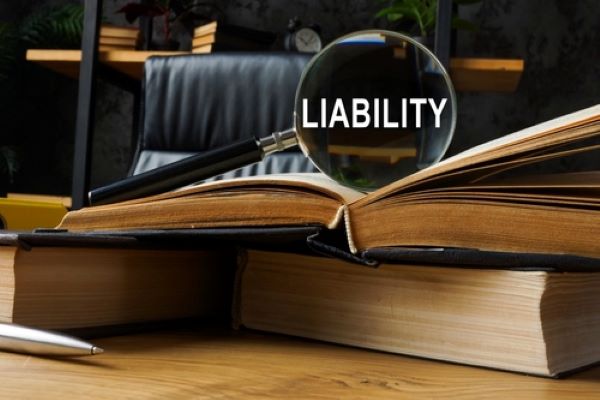 |
| By | February 1, 2023 |
You may not realize it, but life insurance is an important part of being self-employed. Without it, your death could result in more than just the emotional toll it will take on those left behind. Here are a few reasons you should consider buying a policy.

Key Reasons to Buy Life Insurance as a Self-Employed Person
Your Debt Could Be Inherited
As an entrepreneur, you may have incurred personal debt or linked your business to your real estate. Your goal, of course, is to pay off the personal or disconnect from your personal assets as soon as possible. However, this process may take time. Some businesses also accumulate debt as a necessary expense. If you, as an entrepreneur, pass away before paying off that debt, your family may be held responsible. Life insurance can help resolve these obligations.
You Need a Successor
If you pass away unexpectedly, someone will need to take over your business. This process of replacing you can take time and money, whether it’s a family member learning the business or paying to hire a manager. Life insurance proceeds can help cover these unexpected expenses.
People Count You
Death can be a severe financial and emotional setback for the people left behind. Without life insurance, those who rely on your income, including your family and loan officers, may be left in a difficult situation. Therefore, it is important to ensure that the financial needs of those who depend on this income are met, even temporarily. Life insurance can help provide this support by filling the financial gap.
If you are providing the only source of income, your death could mean that your family will need to rely on government assistance or take on debt to pay bills. In some cases, this isn’t bad, but when it comes to paying off student loans, credit cards, or other debts, having a source of income can make a huge difference.
How to Choose the Right Type of Life Insurance
While the reasons for buying a life insurance policy may be crystal clear, determining the right type of policy for your situation may be confusing.
There are three main types of life insurance: term, whole, and universal. Each type has its own benefits and drawbacks. Therefore, it’s essential to understand what each one means before deciding which one will work best for your needs.
Term Life Insurance
Term life insurance is the most basic form of life insurance available. It provides coverage for a set period of time (the “term”), usually between 5 and 30 years.
Term life insurance premiums are less expensive than those for whole or universal policies. That’s because there is no gradual accumulation of cash value; rather, you are only paying for coverage for the term period outlined in your policy agreement. Term insurance policies also have no cash value when they reach their end date. However, some insurers may let you convert them into permanent whole-life insurance after the end date has passed.
Whole Life Insurance
In addition to providing financial protection after death, whole life insurance may also allow for the accumulation of cash value. The goal of permanent whole life insurance is to offer you and your family lifelong protection. It combines a number of characteristics and advantages, including a death benefit, cash value growth, and tax-deferred growth.
Universal Life Insurance
Unlike term insurance, universal life insurance is a form of permanent insurance. It includes an investment savings element that can accrue cash and also has lower cost premiums than whole life.
How Much Coverage Do You Need?
You may wonder how much life insurance you need. It’s a good question because you want to make sure you have enough coverage to protect your loved ones if something happens to you.
But figuring out how much insurance is enough can be tricky. Primarily it depends upon the income you will want to replace and what you can afford to pay for premiums. It is very personal for each person. That’s why it’s best to consult an Insurance Professional.
Get in touch with an insurance professional from the Cell Brokerage Risk Management Group who will help you choose the best insurance plans and ensure that even the most unlikely events are covered.









